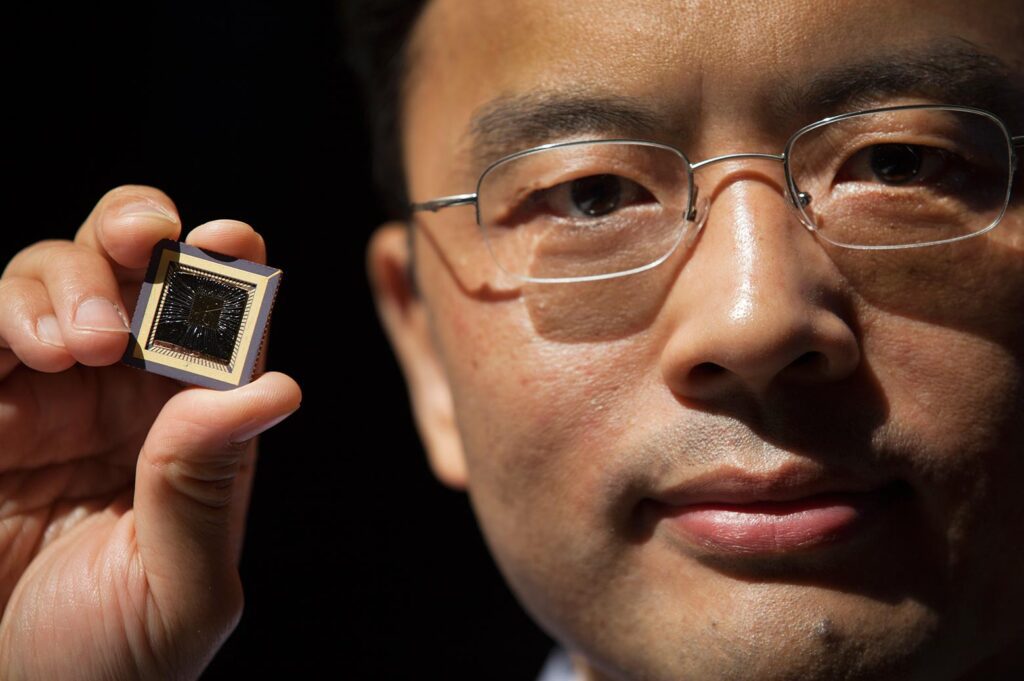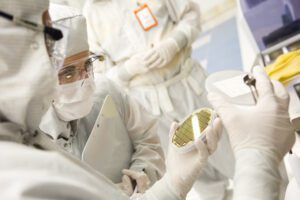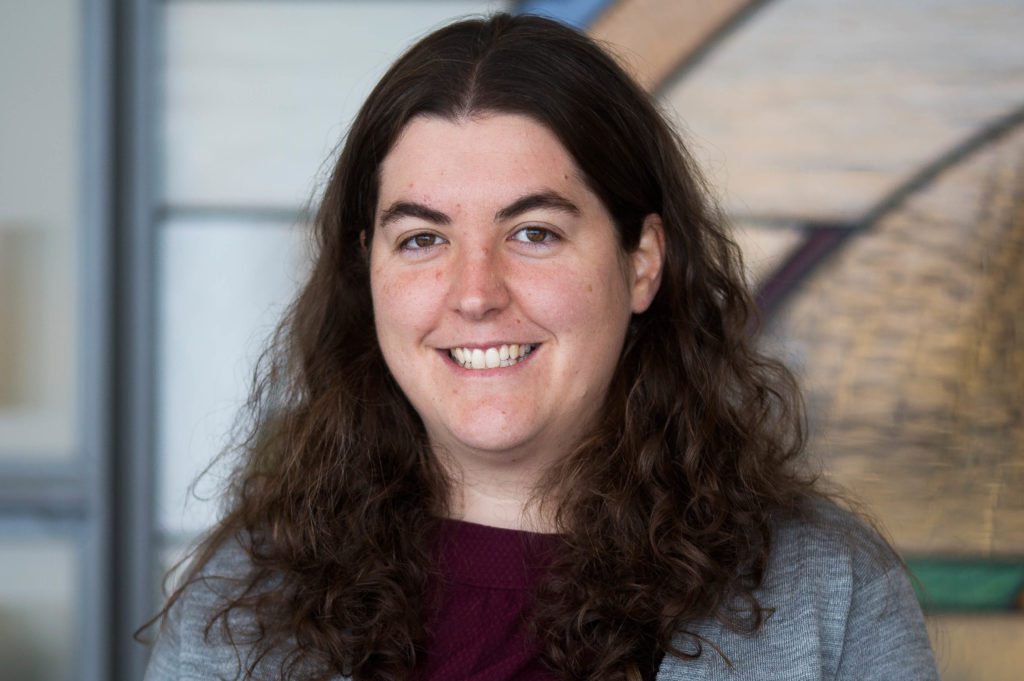A professor and his wife set up a scholarship based on their experiences with getting to know their students
The post Helping students set a course appeared first on Michigan Engineering News.
A professor and his wife set up a scholarship based on their experiences with getting to know their students
The post Helping students set a course appeared first on Michigan Engineering News.
Franklin Dollar, a pioneer in laser plasma research, is not only unraveling cosmic mysteries but also promoting equity and inclusivity in science education and research
The post Laser-focused appeared first on Michigan Engineering News.

While hunger for an artificial intelligence that can think like a human remains unsated, AI continues to appear in our lives in smaller ways.

U-Michigan joins industry, state, education partners to develop talent and technology.
Not only can research participants control a prosthetic hand with their minds—now they can begin to “feel” it, too.
The post New sensation appeared first on Michigan Engineering News.
Askanya Chocolates continues to churn out opportunity in an increasingly troubled Haiti.
The post Bittersweet business appeared first on Michigan Engineering News.
Progress continues for upcycling urine as a safe agricultural fertilizer.
The post Peecycling appeared first on Michigan Engineering News.

Mathieu is a national leader on research to reduce the environmental impact, cost, and inefficiency of electric power systems.
Automation uncovers combinations of amino acids that feed two bacterial species and could tell us much more about the 90% of bacteria that humans have hardly studied.
The post AI could run a million microbial experiments per year appeared first on Michigan Engineering News.
We know more about Mars than our own oceans and lakes. Could artificial intelligence provide answers?
The post Building curious machines appeared first on Michigan Engineering News.